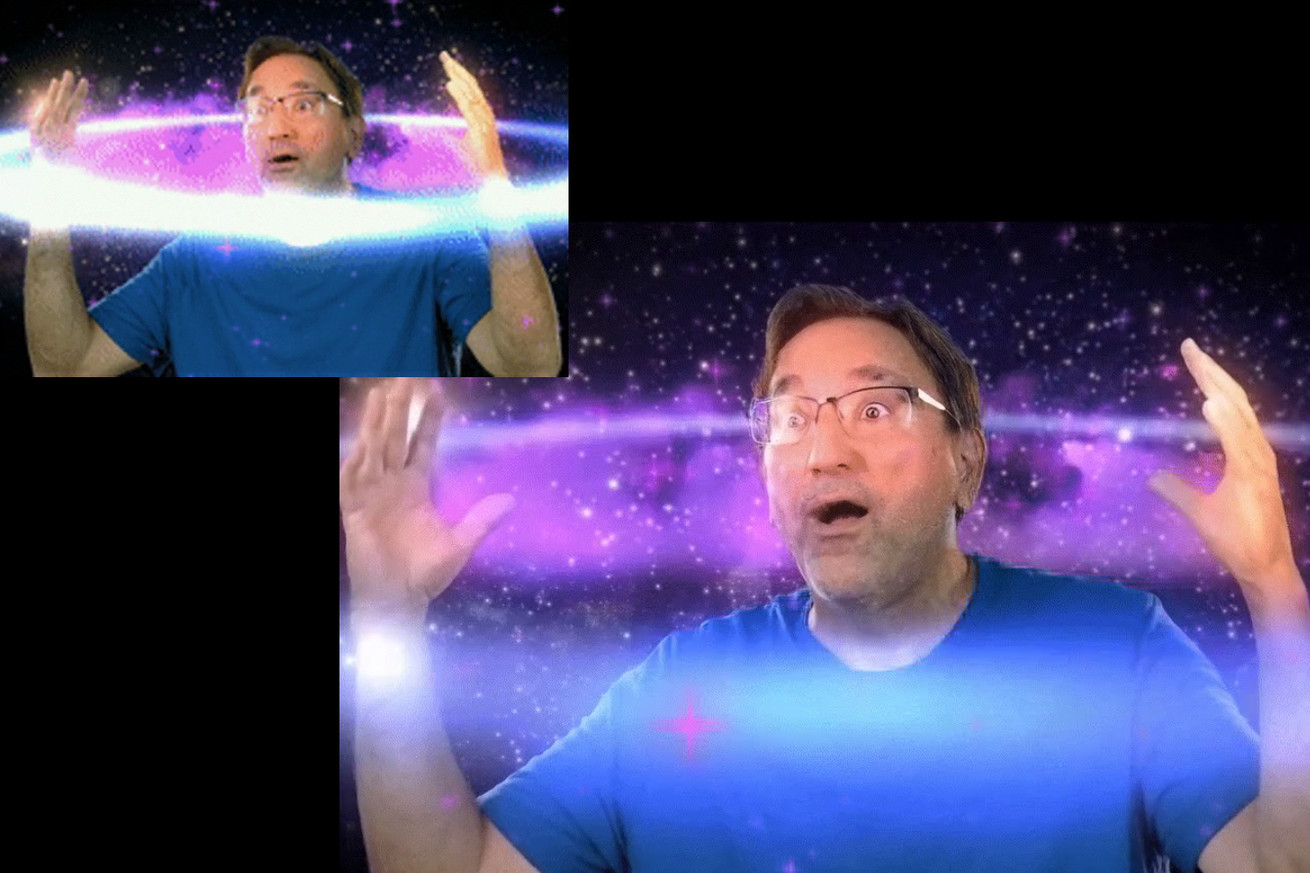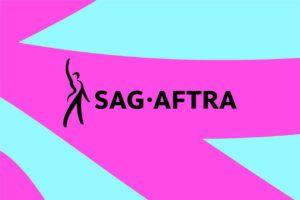Adobe’s experimental AI-powered upscaling tool improves low-resolution GIFs and video footage
- Adobe has developed an experimental AI-powered upscaling tool that greatly improves the quality of low-resolution GIFs and video footage.
- The tool, called “Project Res-Up,” uses diffusion-based upsampling technology to increase video resolution and improve sharpness and detail.
- Although not yet available for beta testing, the tool has shown promising results in side-by-side comparisons.
- Adobe demonstrated the tool’s capabilities by upscaling a clip from The Red House (1947) from 480 x 360 to 1280 x 960 resolution.
Upscaling low-resolution content
Adobe, renowned for its creative software, has developed an experimental AI-powered upscaling tool that significantly enhances the quality of low-resolution GIFs and video footage. This tool, named “Project Res-Up,” utilizes diffusion-based upsampling technology, a form of generative AI that generates new data based on the existing data it is trained on. By leveraging this technology, Project Res-Up can increase video resolution while simultaneously improving sharpness and detail.
The Verge had the opportunity to witness a demonstration of Project Res-Up, and the results were impressive. In a side-by-side comparison, Adobe took a clip from the classic film The Red House (1947) and upscaled it from its original resolution of 480 x 360 to a much higher 1280 x 960 resolution. The footage showcased the tool’s ability to enhance the video quality by significantly increasing its resolution without compromising sharpness and detail.
Unleashing the potential of Project Res-Up
While Project Res-Up is still an experimental tool and not yet available for beta testing, its potential is evident. The ability to upscale low-resolution GIFs and video footage can have numerous practical applications, ranging from content restoration and archival purposes to improving the visual experience for viewers.
With Project Res
-Up, Adobe is pioneering a new way to enhance the quality of low-resolution content. By harnessing the power of AI and diffusion-based upsampling technology, this tool has the potential to revolutionize the way we view and interact with low-resolution GIFs and video footage.
If successfully developed and released, Project Res-Up could become an essential tool for content creators, filmmakers, and enthusiasts who work with low-resolution content. With its ability to increase video resolution and improve sharpness and detail, this tool can help transform and elevate the visual quality of these media assets.
As technology continues to evolve, we can expect advancements like Project Res-Up to become more accessible, user-friendly, and widely adopted. By harnessing the power of AI, we can unlock the true potential of low-resolution content and elevate it to new heights of visual excellence.




